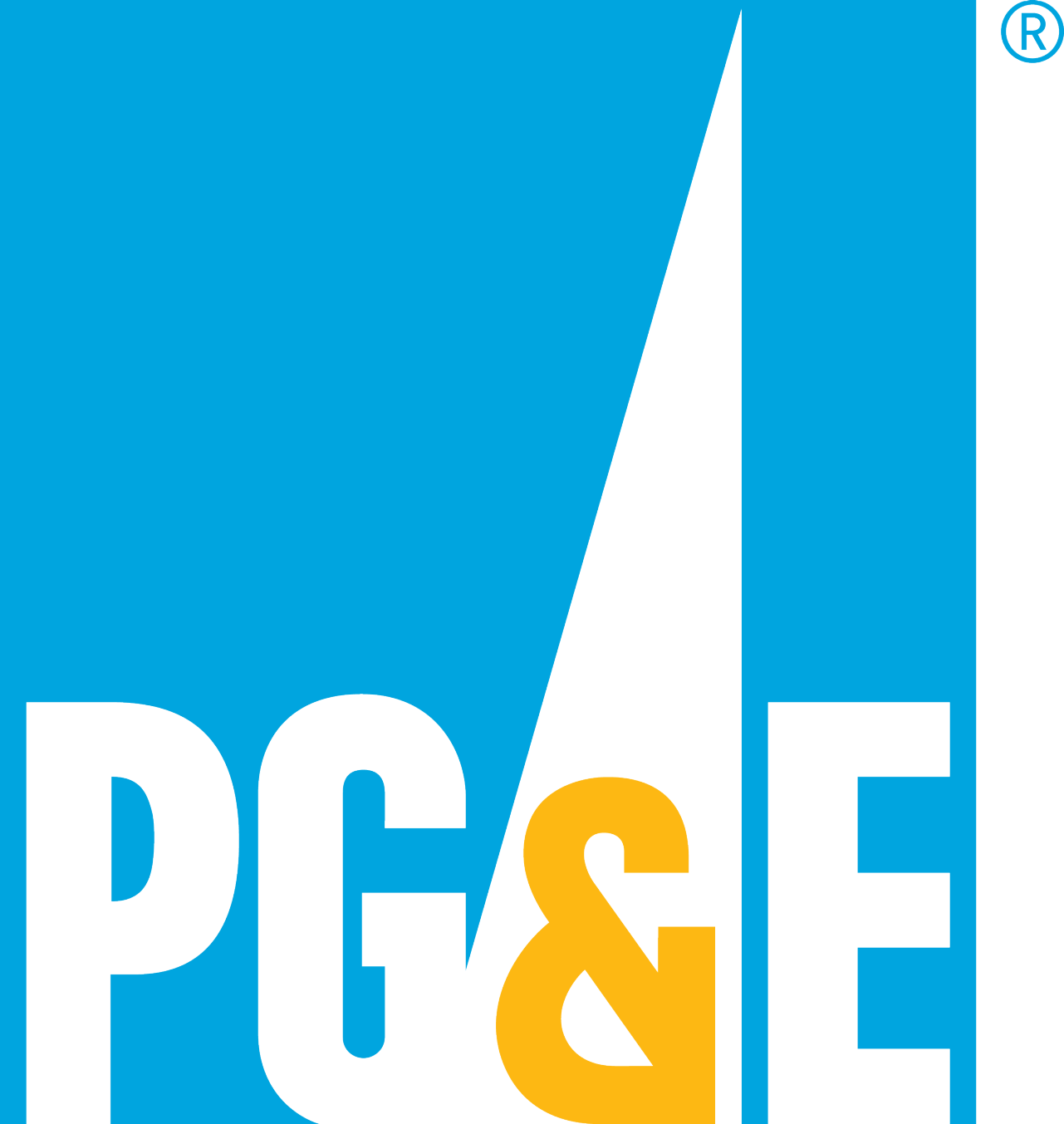©2024 Pacific Gas and Electric Company
Urgent Alert
Error: Field cannot left blank.
Error: Invalid entry. Do not use equal signs [=] or colons [:].
Error: Field cannot left blank.
Error: Invalid entry. Do not use equal signs [=] or colons [:].
Environmental actions
Learn about PG&E’s efforts to reduce our impact and protect land and habitats.
Giving locally
PG&E's signature programs support the communities we serve.
More on environmental sustainability
PG&E Corporate Sustainability Report
Find out about PG&E's commitment to the triple bottom line.
Solar and renewables for your home
Find out how to get started with solar and renewable energy.
Find ways to conserve water
Tips on reducing water use in your homes and yards.
©2024 Pacific Gas and Electric Company


